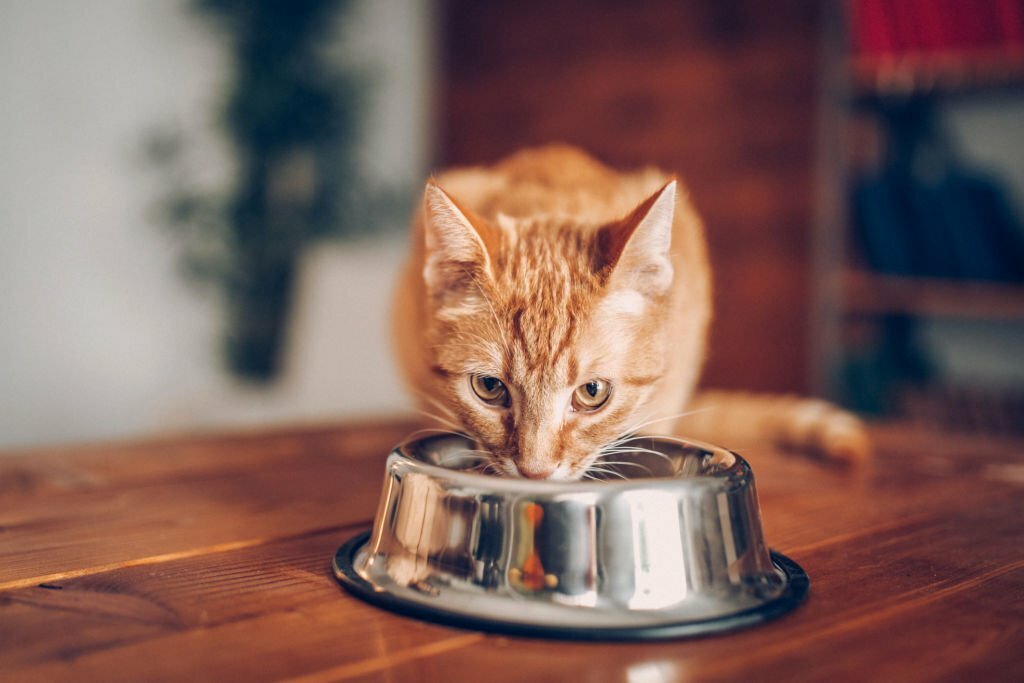I
n the world of culinary curiosity, we often find ourselves pondering what our feline friends can or cannot indulge in. Today, we dive deep into the world of crab rangoon and explore the question, “Can cats eat crab rangoon?” Join us as we uncover the truth behind this delectable delight and its compatibility with your beloved furball.
The Fascination with Crab Rangoon
Crab rangoon, a popular appetizer in Chinese-American cuisine, has captured the hearts (and taste buds) of many. These delightful crispy dumplings are typically filled with a mixture of cream cheese, crab meat, and seasonings, making them a favorite among those who enjoy a fusion of flavors and textures.
Can Cats Eat Crab Rangoon?
The safety of our pets is a top priority, and understanding what they can and cannot consume is crucial. Here, we address the pressing question: Can cats eat crab rangoon?
Understanding Feline Dietary Needs
Before we explore whether cats can eat crab rangoon, it’s essential to understand the dietary requirements of our feline companions. Cats are obligate carnivores, which means their diet primarily consists of animal-based protein. Their digestive systems are adapted to process meat efficiently.
The Ingredients in Crab Rangoon
Let’s break down the typical ingredients found in crab rangoon and assess their suitability for cats:
- Cream Cheese:
- Cats are generally lactose intolerant, and dairy products like cream cheese can lead to digestive issues, such as diarrhea.
- Intolerance to lactose can vary from cat to cat, but it’s a risk to consider.
- Crab Meat:
- Crab meat, in moderation, can be a source of protein for cats.
- However, it should be plain, without added seasonings, sauces, or spices that might be harmful.
- Seasonings:
- Seasonings often used in crab rangoon, such as garlic and onion, can be toxic to cats.
- These ingredients should be avoided in cat food.
The Risks of Feeding Crab Rangoon to Cats
Now, let’s delve deeper into the potential risks associated with feeding crab rangoon to your cat:
1. Digestive Upset
- The high fat content in crab rangoon can lead to digestive issues in cats, such as vomiting and diarrhea.
- Cats have sensitive stomachs and may not tolerate rich, fried foods well.
2. Lactose Intolerance
- As mentioned earlier, cream cheese contains lactose, which many cats struggle to digest.
- Feeding your cat cream cheese may result in gastrointestinal discomfort.
3. Toxic Ingredients
- If the crab rangoon contains ingredients like garlic and onion, it can be harmful to your cat.
- These ingredients can lead to conditions like hemolytic anemia in felines.
Alternatives to Crab Rangoon for Cats
While crab rangoon may not be the safest option for your cat, there are alternative treats and foods that can satisfy your pet’s cravings without compromising their health.
Cat-Safe Treats
Consider the following cat-friendly treats:
- Catnip:
- Many cats enjoy catnip, which can be used to enrich their playtime.
- Commercial Cat Treats:
- There are numerous commercially available cat treats made with feline health in mind.
- Look for treats with high-quality ingredients and no harmful additives.
- Cooked Plain Chicken or Fish:
- In moderation, plain cooked chicken or fish can be a delightful and safe treat for your cat.
- Ensure there are no bones, and the meat is unseasoned.
Homemade Cat Treats
If you enjoy preparing treats for your cat, here are some homemade options:
1. Tuna Treats
- Mix canned tuna with a small amount of plain, unsweetened yogurt.
- Form small, bite-sized balls and freeze them.
2. Chicken Pops
- Cook chicken and cut it into small, cat-friendly pieces.
- You can even skewer the chicken pieces for added fun.
Conclusion
In the quest to determine whether cats can eat crab rangoon, it’s best to err on the side of caution. While the occasional nibble might not pose an immediate threat to your pet, the risks associated with this indulgence outweigh the benefits.
Always prioritize your cat’s well-being by providing a diet that aligns with their carnivorous nature. Opt for cat-safe treats and homemade options that are not only delicious but also promote good health. Remember, a happy and healthy cat is a delightful companion, and their dietary needs should be met with care and consideration.

